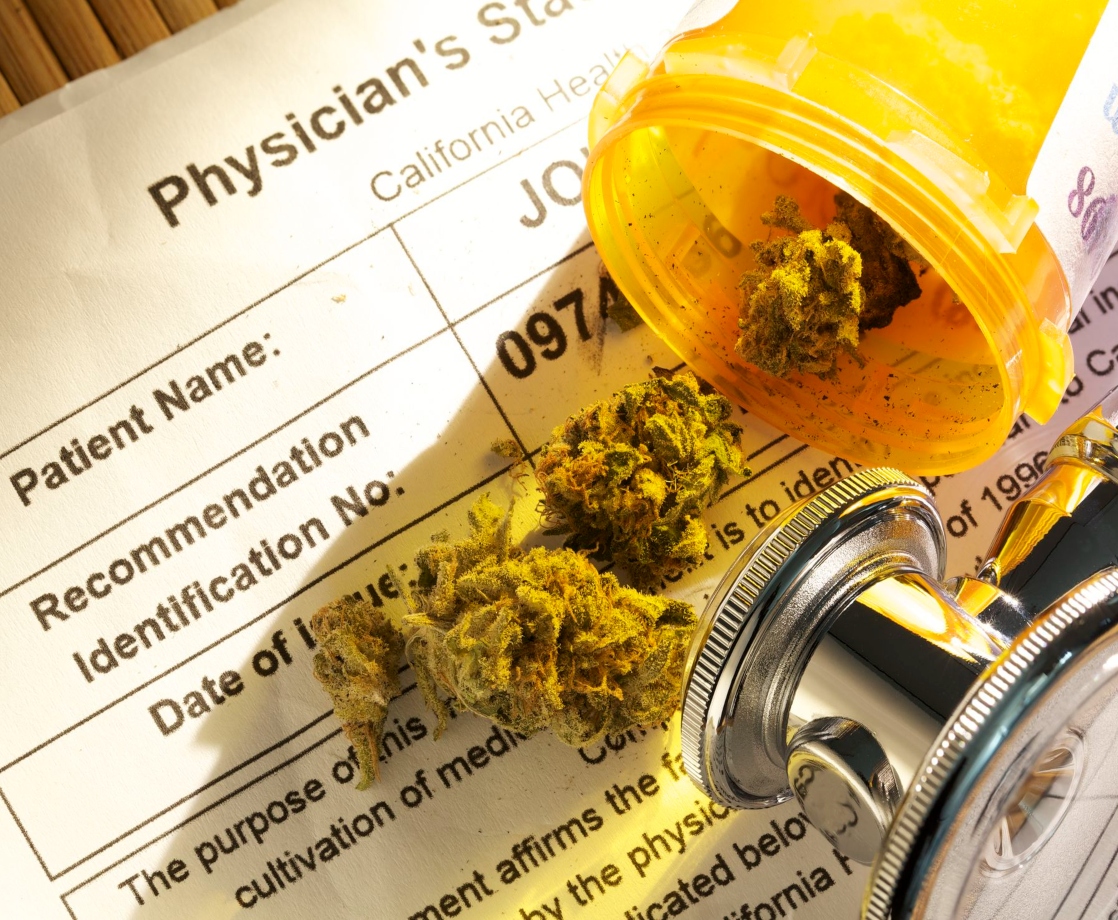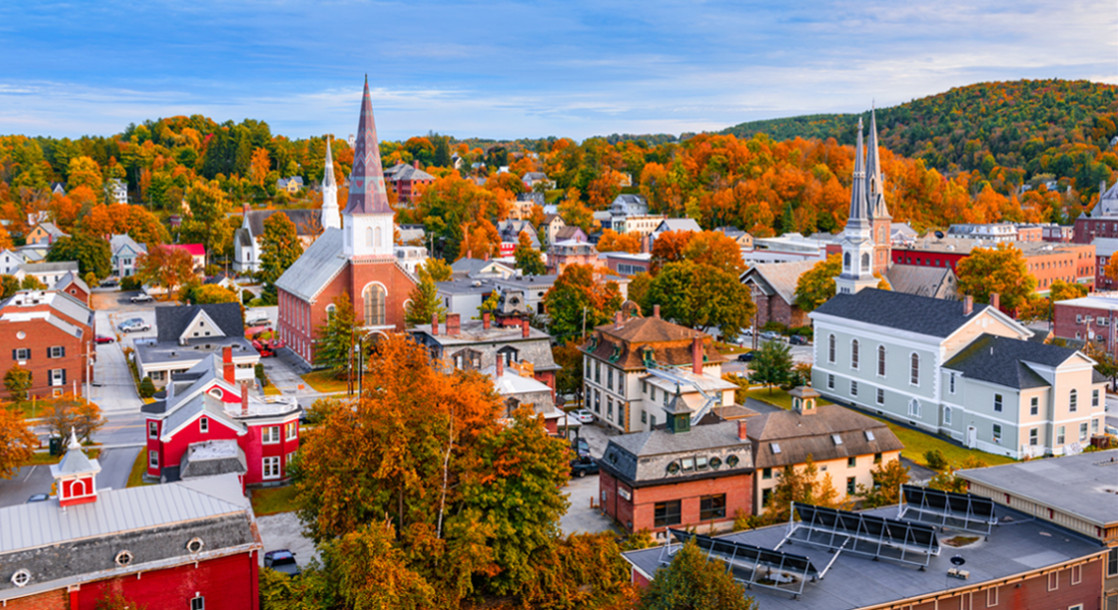“Super Tuesday” is as odd a tradition as any taking place during the years-long freakshow caravan that is our presidential nomination process. Just like its counterparts Shrove, Maundy and Holy Tuesdays, Super Tuesday is a movable feast that arouses ecstasy in some, macabre reflection in others and zealous rage in more than a few. Most of all, it always seems to carry the whiff of slow and painful death about it. On March 1, all primary voters in Alabama, Arkansas, Colorado, Georgia, Massachusetts, Minnesota, Oklahoma, Tennessee, Texas, Vermont and Virginia will head to the polls along with registered Republicans from Alaska, North Dakota and Wyoming and Democrats from American Samoa. In their wake, they will leave the carcasses of presidential campaigns that once looked like they might carry momentum all the way to the general election (looking at you, Carson Nation). The only questions are, what will the presidential field look like when the dust settles and how will it affect this big green movement of ours?
Come at Me: As Super Tuesday Approaches, Cannabis’s Future Could Hang in the Balance
Coming out of its South Carolina primary, the Republican party establishment is faced with what might be its worst nightmare. The only candidate to emerge from the contest with any delegates was Donald J. Trump, noted Macy’s menswear designer and inventor of the cotton candy toupee. Because he runs his campaign like an internet troll and knows that attention is the only currency that truly matters in this mud-marathon we call a primary process, Trump is the darling of the kind of ignoramus for whom casual race and classism is the kind of thing that elicits responses like, “Well, somebody had to come out and say it—if they weren’t lazy they wouldn’t be poor.” As his demented looking-glass populism picks up steam, the more mainstream wing of the party is scrambling to fall in line behind someone—read: anyone—who has a chance to beat him. At the moment this compromise candidate appears to be Marco Rubio, whose constituents get all kinds of hot and bothered over draconian, prohibitionist rhetoric.
The Marijuana Policy Project, which grades candidates based on their past political history with cannabis, gave Rubio a D based on fire and brimstone soundbites like “You want to add another intoxicant and make it legal? There’s no positive impact to using marijuana…There is no responsible way to smoke marijuana repeatedly. There’s nothing good about it.” If he becomes the GOP candidate for president, we can surely expect him to ramp up his hawkish stance on federal prohibition and continue to call for that prohibition to be enforced even in states that have legalized cannabis for adult use. (Trump, for his part, does considerably better on the MPP’s scale, garnering a C+, but politically he’s a true wildcard and there’s no telling whether President Trump would go along with his 1990 assertion that all drugs should be legal or his recent campaign promises to enforce federal prohibition.)
On the Democratic side, Super Tuesday could very well be a deciding factor in who finally pulls away from the head-to-head race we’ve seen so far between Clinton and Sanders. If the Senator from Vermont, who is the most open proponent of complete legalization, fails to make up for his lack of “superdelegates”—powerful party members who are free to vote for whomever they choose regardless of their constituents’ decision—March 1 could mark the end of his improbable push. This would leave the democratic establishment’s darling, Hillary Clinton, as the nominee. Though she’s hardly as hard-lined as Sanders, Clinton earned a solid B from the MPP based on comments like one she made to NewsRadio in January: “I think that states are the laboratories of democracy, and four states have already taken action to legalize… I do think on the federal level we need to remove marijuana from the Schedule I of drugs, move it to Schedule II, which will permit it to be the basis for medical research because it’s important that we learn as much as possible.”











